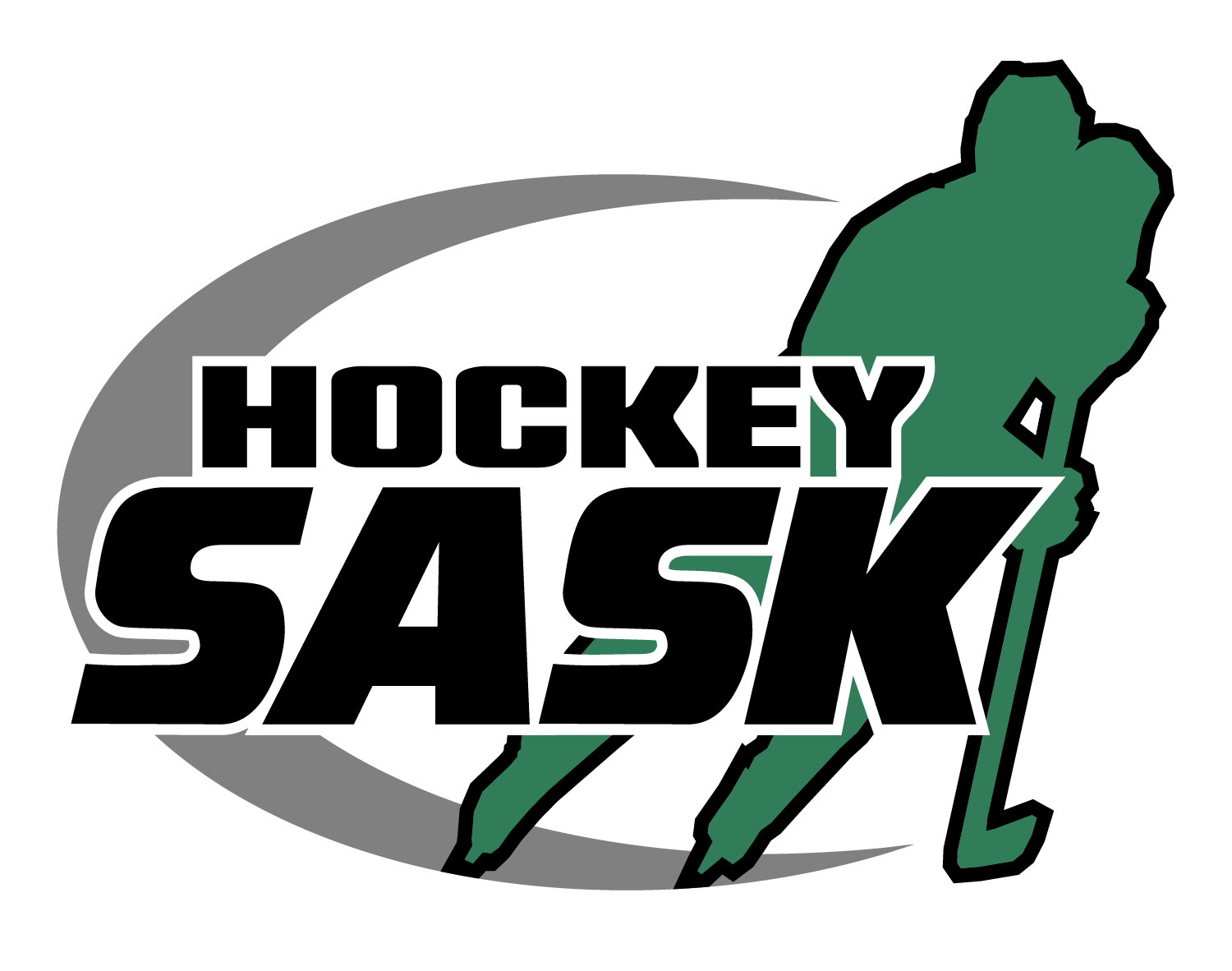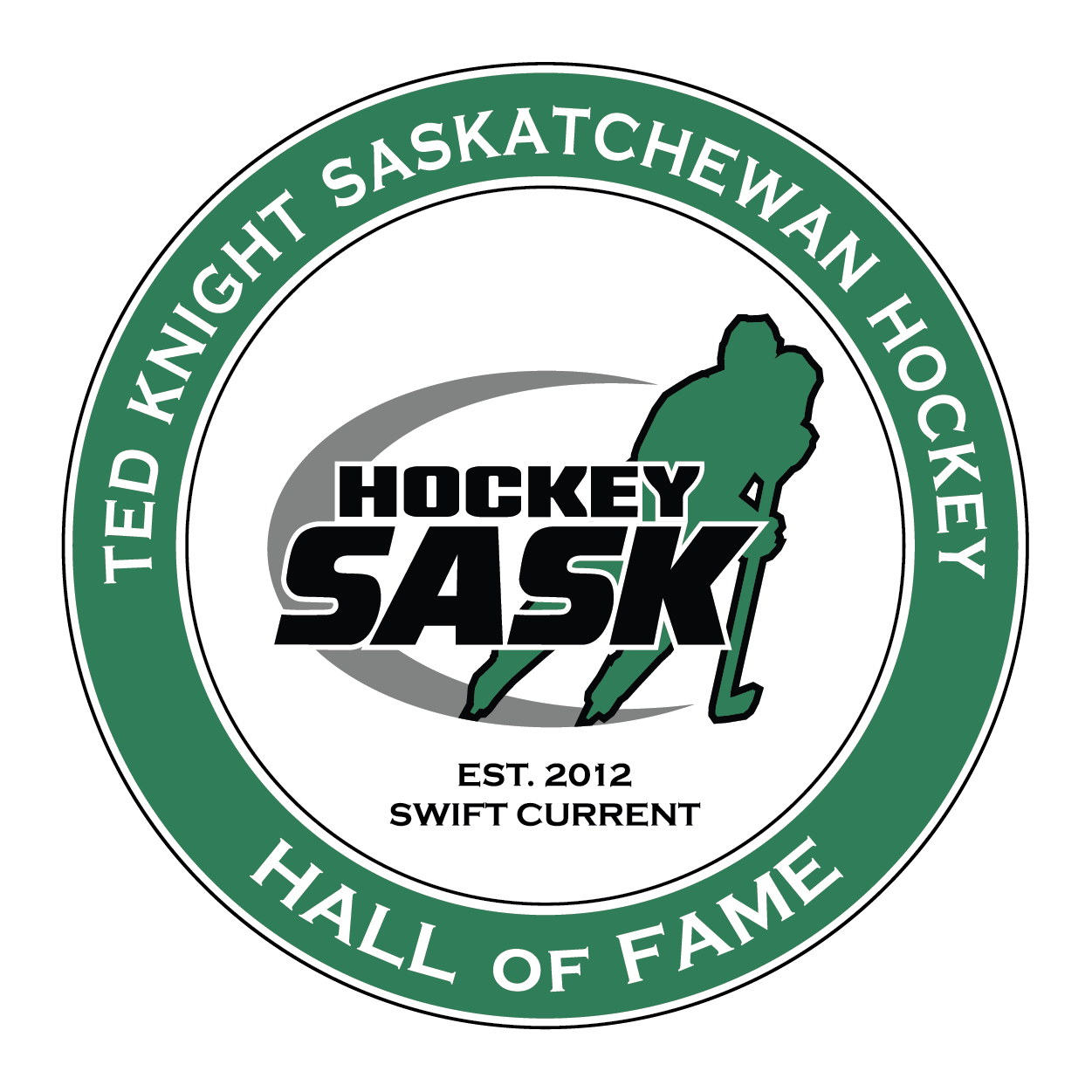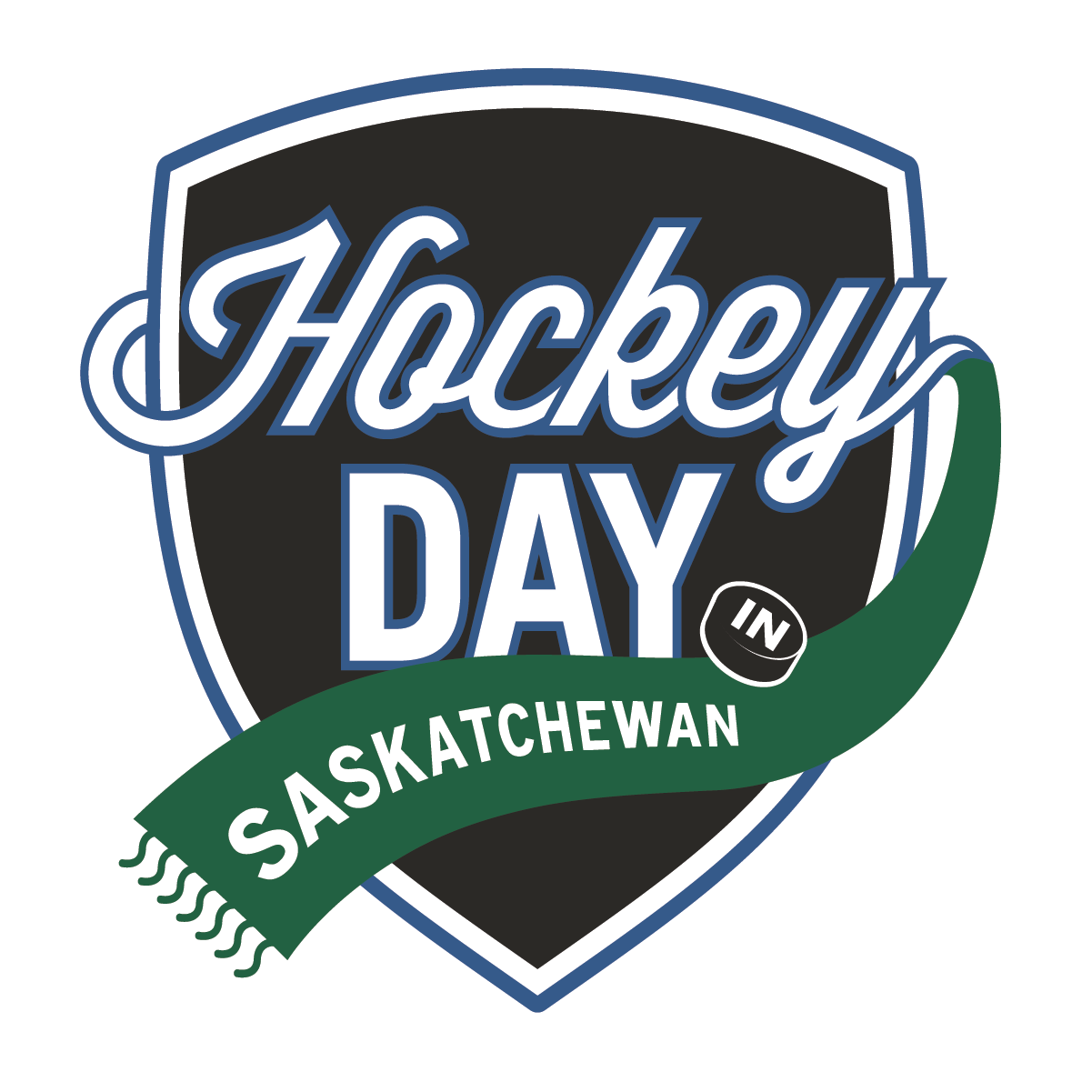Case Studies
Note: When reviewing these cases, please remember that Hockey Canada is the player, coach, team official, volunteer, referee, etc. ... those involved in a sanctioned Hockey Canada/Hockey Saskatchewan event.
Case #1
In the course of a Junior Hockey game, tempers flare, gloves are dropped and the helmets come off. A fight ensues between two players and injuries occur. The smaller of the two players incurs broken teeth, a broken jaw and facial lacerations. He subsequently initiates legal action and sues his assailant. He also presses charges for assault. Is Hockey Canada Major Medical/Dental coverage provided for the injured player?
Yes. A claim for Medical/Dental expenses would be considered for reimbursement, if the helmets were not deliberately taken off. No liability insurance would apply as this fight would be considered an intentional act.
Case #2
While driving to an out-of-town game, a car carrying four players is forced off the road and overturns. The accident leaves one player dead. What is the process for accessing the accidental death benefit?
It is important that as soon as possible you contact the Hockey Saskatchewan office to report this accident. You will then be directed as to next steps with respect to the applicable policies.
The information that may be requested can include:
- A police autopsy and toxicology report
- A map (illustrating location of sanctioned event, place of departure, accident and intended destination)
- Press clippings
- Death certificate
- Confirmation of players’ eligibility and approved accident claim forms must be received within 90 days.
You may also be contacted, and the following information may also be required: i) game report; ii) registration certificate; and iii) accident report form.
Case #3
During an adult recreational game, a player is accidentally struck in the eye with the butt end of a stick. Two weeks later, as a result of swelling, he submits an accident claim to the coach indicating he cannot see properly out of the injured eye. The coach decides this is only a temporary injury and holds the claim. Forty-five days later, the player again follows-up with the coach regarding the claim for the eye injury and the coach again fails to respond. Over the course of several months, the player is in contact with the coach with respect to the eye injury, however, there is still some vision in the injured eye, therefore, no action is taken. The following season, the coach and Hockey Saskatchewan are advised that the player has lost sight in the injured eye and a claim is submitted under the Hockey Canada AD&D policy. Will the policy respond?
No. The insurance company requires notification of claim within 90 days from the date of the accident.
Case #4
A U9 player is all dressed for his game and eager to get to the arena. He has his skates on and his stick in hand and heads out to his father’s car in the laneway. The player trips going down the stairs at his house and chips his front teeth. The dentist advises that the proper dental restoration must take place over a period of time as the child grows. Does the Hockey Canada policy respond? To what limits? Over what period of time?
Yes. However, if the child’s parents are covered by an Extended Health Plan provided by their respective employers, this plan would pay first and the Hockey Canada Plan would pay the balance of the cost up to the policy limits. Under the terms of the Hockey Canada Plan, all of the work by the dentist must be completed within a year of the accident, unless the dental development of the player is not sufficient to allow proper treatment, and appropriate paperwork advising this is forwarded to the Hockey Canada Ottawa Office.
Case #5
During a Hockey Canada regular league game, a fight breaks out among the spectators in the stands. The arena security staff are incompetent, and instead of containing the situation, they take action that provokes a general riot. The security staff have been hired by the owners of the arena, and are under their control and supervision. A dozen or more suits are brought against the arena owners, alleging that their negligence and lack of care caused a number of serious injuries. The arena owners pass these suits to Hockey Canada, because Hockey Canada signed a contractual agreement with the arena whereby Hockey Canada agreed to indemnify and hold the owners harmless for any and all liability directly or indirectly arising from Hockey Canada’s use of the premises.
The Hockey Canada liability policy is quite readily prepared to respond on behalf of all of its members to claims which arise from an accident, incident or occurrence which resulted from the negligence of one of our members. The Hockey Canada policy is not, however, prepared to accept responsibility and respond to any claim which may arise from an accident, incident or occurrence which happened directly or indirectly as a result of the negligence of someone who is not a participant of Hockey Canada or any of its Members (e.g., arena staff member, owner, or operator of a facility). It is therefore imperative that every individual who has the responsibility for signing rink rental agreements ensures that a contract does not contain a “Hold Harmless Clause”, which in effect would transfer all of the liability for any incident, accident or occurrence which took place in that facility, regardless of who was ultimately negligent.
Case #6
A team manager receives a complaint from the parents of a player who has recently been dropped from the team. The parents allege that their son has sustained a potentially disabling injury during a practice as a direct result of the coach’s negligence. The manager decides that the complaint has no merit, and that the parents are simply troublemakers. He decides to ignore the letter.
Some months later, he receives a letter from legal counsel retained by the parents, relating to the same matter. It invites the manager to enter discussions for a settlement. Once again, the manager ignores it.
Some months later still, the manager receives a writ (claim), signalling that the parents have initiated formal legal action. This time the manager sends the writ on to the Hockey Saskatchewan office, who promptly send it to the Hockey Canada National Office, who in turn report it to the insurers. Will the insurers consider that the claim is covered by the policy under these circumstances?
Maybe. The insurance company may decline to pay if late reporting is a factor. Prompt reporting is imperative.
Case #7
The team has a final practice prior to leaving town for a road game, the following day. The coach arranges for all of the players’ equipment to be stored in his garage overnight, since the transport rendez-vous will be in his driveway. The garage is left unlocked, and all of the equipment is stolen. We will further assume that because the door is unlocked, the coach is negligent, and that he is likely to be legally liable for the loss of the property. Will Hockey Canada’s liability policy pay?
No. There exists an exclusion specific to the property in the ‘care, custody or control’, of the insured.
Case #8
A young player is billeted for a tournament in another town where he is subjected to sexual abuse. The parents sue Hockey Canada, the team managers and others for not ensuring that the hosts were of good repute and character. Will Hockey Canada policy pay for the defense, and judgement, if any?
Yes and No. If the damage is caused by psychological rather than corporeal, it may nevertheless be considered to be ‘bodily injury’ and therefore covered within the scope of the bodily injury liability insuring agreement. There is, however, an exclusion with respect to damages or injury that is caused intentionally. It could be argued that ‘injury’ resulting from sexual abuse is intentional on the part of the abuser. If it should be so held, then the policy would not protect the abuser, but it would protect Hockey Canada if it was brought into the suit for damages.
Case #9
The fundraising event is a great success, and the volunteers at the bar are pouring with a heavy hand. They continue to serve some people who have clearly already had too much. One of these customers is involved in a head-on collision on the way home as a result of intoxication, causing death and serious injuries. Hockey Canada is subsequently sued under the Provincial Liquor Law Act that makes the servers of liquor responsible when it may be perceived that their negligence has directly or indirectly been involved in, or contributed to such an incident. Will Hockey Canada policy respond?
Yes. The Hockey Canada policy includes exposure to liability for bodily injury and property damage that may be generated by Provincial statutes relating to liquor law liability (subject to the policy’s other terms and conditions). It will not pay exemplary or punitive damages, nor any fines or penalties.
Case #10
A U15 hockey player is fighting for the puck two (2) metres from the side boards. He is checked from behind into the boards and suffers a broken neck rendering him a paraplegic. The injured player subsequently sues the player who checked him as well as the three game officials, the two coaches, the Minor Hockey Association, Hockey Saskatchewan and Hockey Canada. The suit is for $5.4 million. Will the Hockey Canada Liability Policy respond and to what extent?
Yes. The Hockey Canada Liability Policy would respond on behalf of all parties provided they were properly registered, had a premium paid on their behalf and were playing in a properly sanctioned Hockey Canada game.
Case #11
You coach a U9 hockey team. You have scheduled a practice for Tuesday night, however, one of your two (2) assistant coaches cannot attend. You develop your practice plan keeping in mind there will be two coaches on the ice instead of the usual three. When you get to the arena, a parent of one of the players, noticing there are only two coaches, offers his assistance. You reply, “we can always use a hand”, and he gets ready and goes on the ice during practice. Is this parent covered under the Hockey Canada insurance plan?
Absolutely not. There has been no premium paid on behalf of the parent. Hockey Canada may, at its discretion, cover an “emergency volunteer” provided it was well documented, however, Hockey Canada does not extend coverage to anyone who volunteers in a non-emergency situation. In addition, Hockey Canada does not cover parent-child games, student-teacher games or other exhibition games against non-members of Hockey Canada.
Case #12
Your minor hockey association asked a member of the Association to chair the Associations fundraising activities for the year without performing a background check on the individual. One of the fundraising activities netted the Association $25,000.00, however, the money has since gone missing. The members of the Association file a lawsuit alleging the Board of Directors were negligent in handling the funds derived from the fundraising venture, and should have exercised greater care when asking the member of the Association to handle the funds when they knew, or ought to have known that he was convicted of fraud six years ago. Are you covered?
Yes and No. This claim is alleging financial mismanagement and incorrect hiring practices and therefore is covered under the Hockey Canada D & O policy. This policy will defend the claim on behalf of the Association and its individual officers and directors. Any claim advanced against the member allegedly responsible for the theft would not be covered under the policy.
RETURN TO HANDBOOK LISTING















